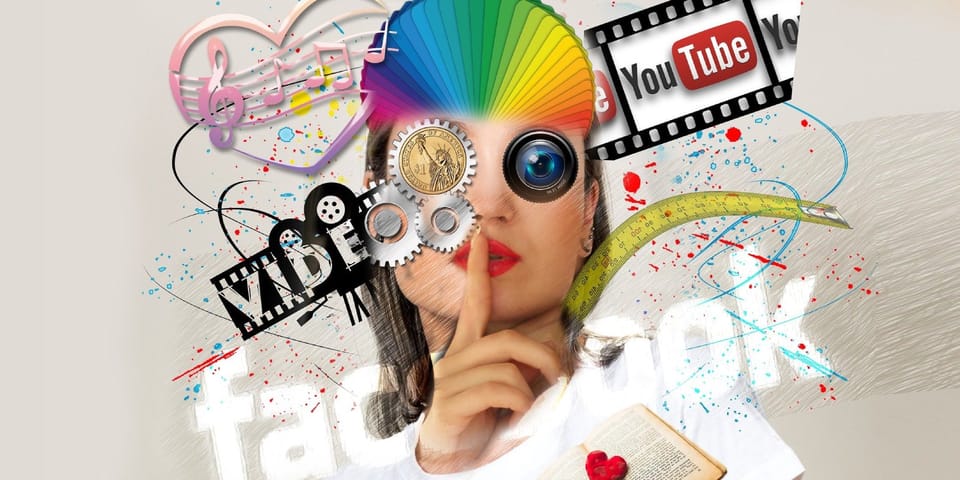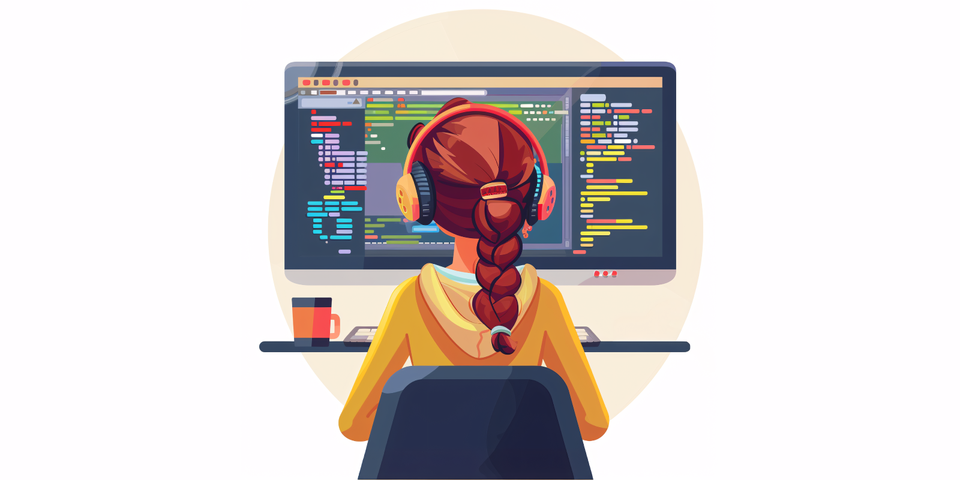What Is Friendly AI and What Are Its Benefits?
The evolution of AI doesn't necessarily mean an apocalypse is coming. We can focus on friendly AI and build a better future.
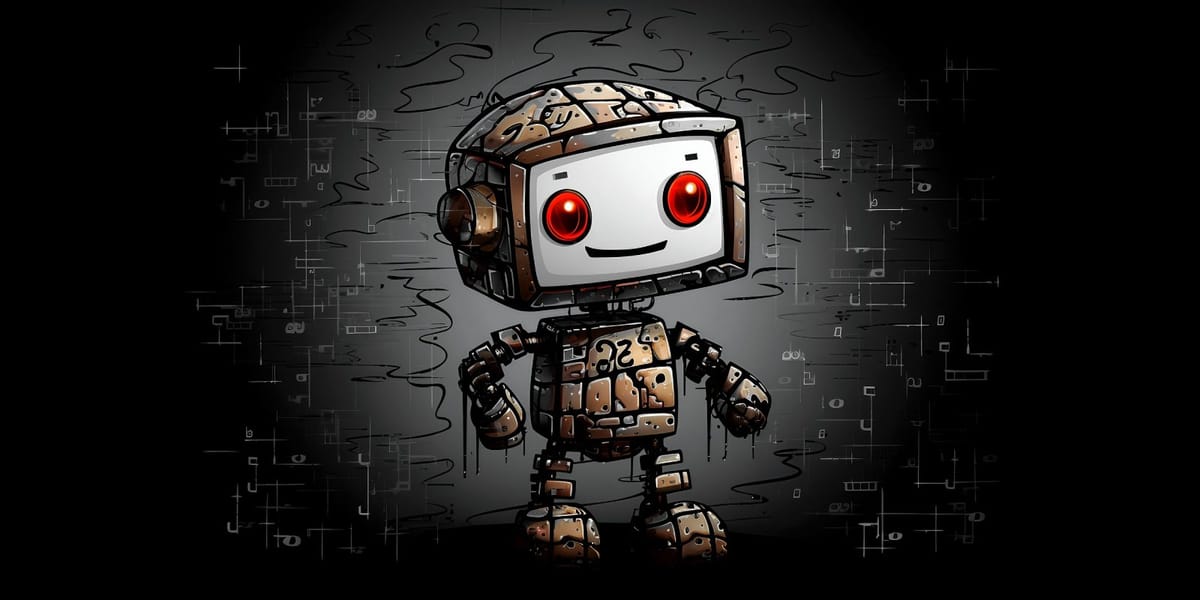
If you are new to the concept of friendly Artificial Intelligence or AI and are wondering how AI could be friendly and what makes it better than other types of technologies, you’re in the perfect place.
Here, we will discuss what friendly AI is and how we can benefit from a fruitful partnership with this technology.
What Is Friendly AI?
Friendly AI, if you don’t already know, also goes by ethical AI. As the name suggests, this refers to the use of AI technology for the betterment of humanity. This focuses on the implementation of AI technology while taking ethics into consideration.
Unlike potentially harmful AI, which involves the development and use of AI tools for purposes that could be potentially devastating for humanity, ethical AI involves the development of these tools for the benefit of humanity.
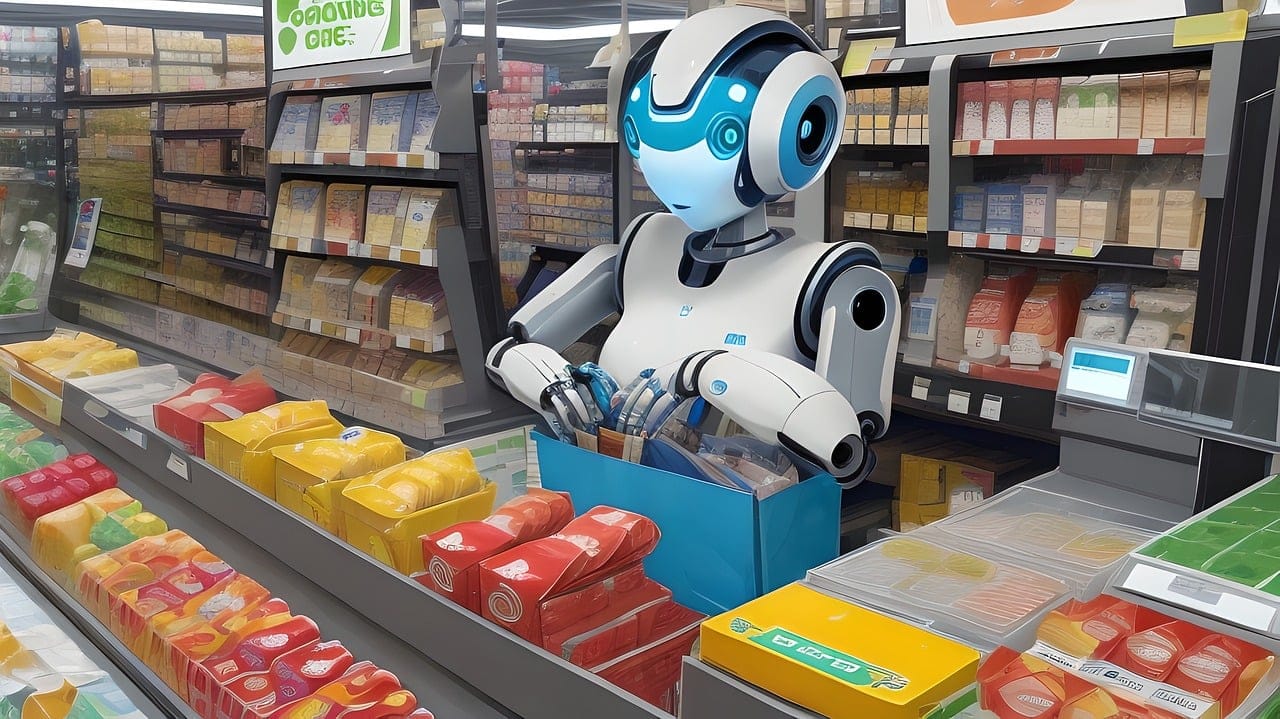
In a broader concept, friendly AI deals with the development of AI systems that are considerate of human values and well-being. These systems encompass the alignment of AI technology with ethical frameworks, ensuring that they remain in accordance with societal and moral values.
AI in Action: Transforming Lives for the Better
The emergence of AI technologies has given rise to many new opportunities and opened several new doors for users, and it has impacted society positively in many ways. If you look around, you can easily find several disciplines where AI technology is revolutionizing lives for the better.
Some of the disciplines and fields which AI tools and technology have significantly impacted are:
Healthcare
Before the presence of AI robots and robotics in the medical field, disease diagnosis took several weeks, and this timeframe generally extended up to several months, too, in some cases.
As soon as AI entered this field, not only did the diagnosis of the diseases become a lot easier, but doctors could also quickly spot the problematic areas.
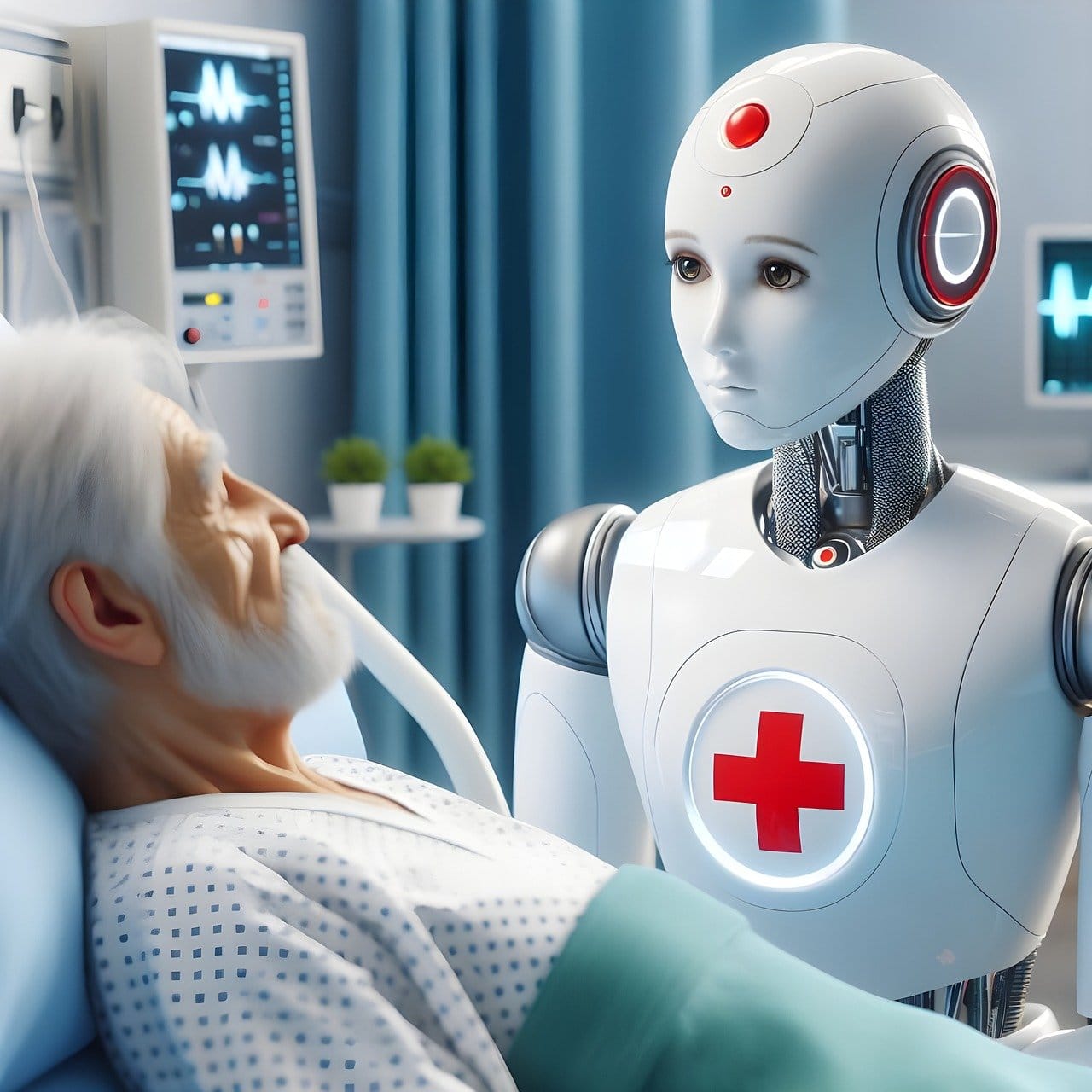
In addition to making healthcare more accessible to users, AI is also helping people stay healthy so they don’t even need to see a doctor too often. AI is doing this with the help of virtual doctors and medical apps.
The path a medicine needs to travel from laboratory to patient is complex. According to research by the California Biomedical Research Association, it takes around 12 years for a medicine to travel from lab to patient.
One of the most recent applications of AI is drug discovery and repurposing, and by doing so, AI can potentially reduce the time and cost of these drugs in the market.
Education
Unlike the general perception, AI does not always distract students from the coursework. Instead, it helps them improve their learning patterns in plenty of ways. For instance, a teacher can’t invest enough time and effort in personalizing the course material for every student.
AI, on the other hand, cannot only determine the learning pattern of every student but can also easily customize the learning process for each of them. Moreover, grading the students gets a lot easier, thanks to the AI algorithms that record their progress and grade them at the end of each session.
The online quizzes based on AI and other learning platforms backed by AI technology are also helping streamline the learning process. And, at the end of day, if done right, AI can improve our chances of getting jobs, contrary to common perception.
Environment
Gone are the times when television broadcasts were the only source for users to know what climate changes to expect in the coming week. Thanks to evolving AI technology, you can now have the data on the environmental changes in your area for the entire month in one click.
This helps people make informed decisions and educates them about the potential health hazards approaching them due to these climate changes. Additionally, once users become aware of the devastation their living choices and actions are doing to the environment, using AI technology, they can potentially improve their lives and their way of living.
The Human-AI Partnership
Though AI has great potential to benefit humans in tons of ways, it alone can’t do much. But what if humans join hands with AI? It would lead to much more progress and can help impact humanity in several ways.
Here are a few ways in which AI and humans can leverage each other’s strengths:
Human creativity and ethics
Humans can collaborate with AI tools and robots while ensuring that they are in accordance with the ethics and rules of humanity. None of the advancements of these technologies should surpass the ethical boundaries, creating a positive society to live in. This will also ensure that human creativity always carries value, even with the presence of AI.
AI's computational power and data analysis
If humans could leave repetitive and mundane tasks like data analysis, customer service, etc., to AI robots, they would have a lot of room to focus on other creative tasks.
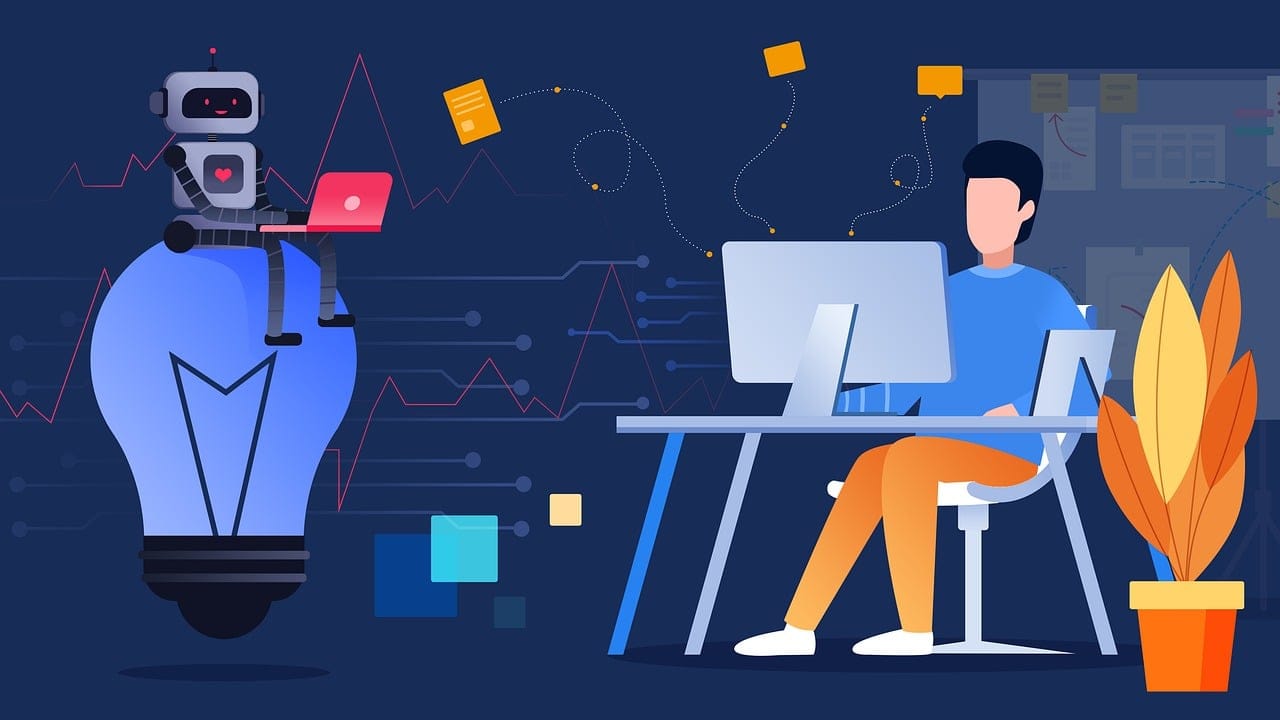
There is no denying that humans can make errors when they have to work on the same repetitive tasks repeatedly. AI robots can be efficient and consistent with such tasks, resulting in negligible errors.
This way, not only could a lot of time be saved, but humans could spend their energy and resources on something that makes a more significant difference.
Shared decision-making
Though humans are far more advanced and capable of making decisions that could be beneficial in the long run, seeking help from AI tools and robots can always be a good idea.
This is because these AI-backed tools have access to a lot of data and insights from the past, allowing humans to predict the future. This human-AI collaboration, when it comes to decision-making, can be fruitful and beneficial for both parties.
Building a Friendly Future
Now that you are well-versed in how AI can benefit humanity and how friendly AI has a great potential to change the human future for the better, you may be wondering how this could be done.
International cooperation
To ensure that AI impacts humanity on a larger scale and no regional or societal boundaries come in its way, it’s essential to cooperate and collaborate with AI enthusiasts globally.
And, to ensure that all the latest developments and advancements in AI are in accordance with human ethics and values, it's best to make a set of guidelines globally and stick to them strictly.
Public education and awareness
As much as the advancement of AI, while remaining within ethical boundaries, is essential, educating people about AI is equally crucial.
AI has been around for several years, but over the past year or so, more and more people have started using AI, and some of them have been able to put all their trust in the technology.
However, like all other technologies that need time for users to get used to, this one also needs to be taught to them, and users need to be exposed to AI more often to trust it completely.
For this purpose, it’s best to conduct online awareness sessions on how AI is working to change the dynamics of humanity and is beneficial for several industries. Providing users with a live demo of how AI does it can also be a big step towards its awareness.

Investing in responsible AI research
Another thing that could boost the development and adoption of AI is focusing on responsible AI research. Though many people have been investing their time and resources towards advancing AI, we must determine how much of their research aligns with human values.
The need of the time is to invest more and more in AI research that aligns with ethics and to help those in favor of friendly AI.
How Can You Benefit From AI?
There are many ways you can use AI to your advantage. For example, you can try some of these ideas to make money with AI:
- Create music tracks using AI music generators, AI singing voice generators, and AI music enhancer tools.
- Create photos using AI image and art generators and AI image enhancer and upscaler tools.
Once you have the final product in hand, you can post it on LimeWire and monetize it. Check out the FAQs related to becoming a creator on LimeWire.


